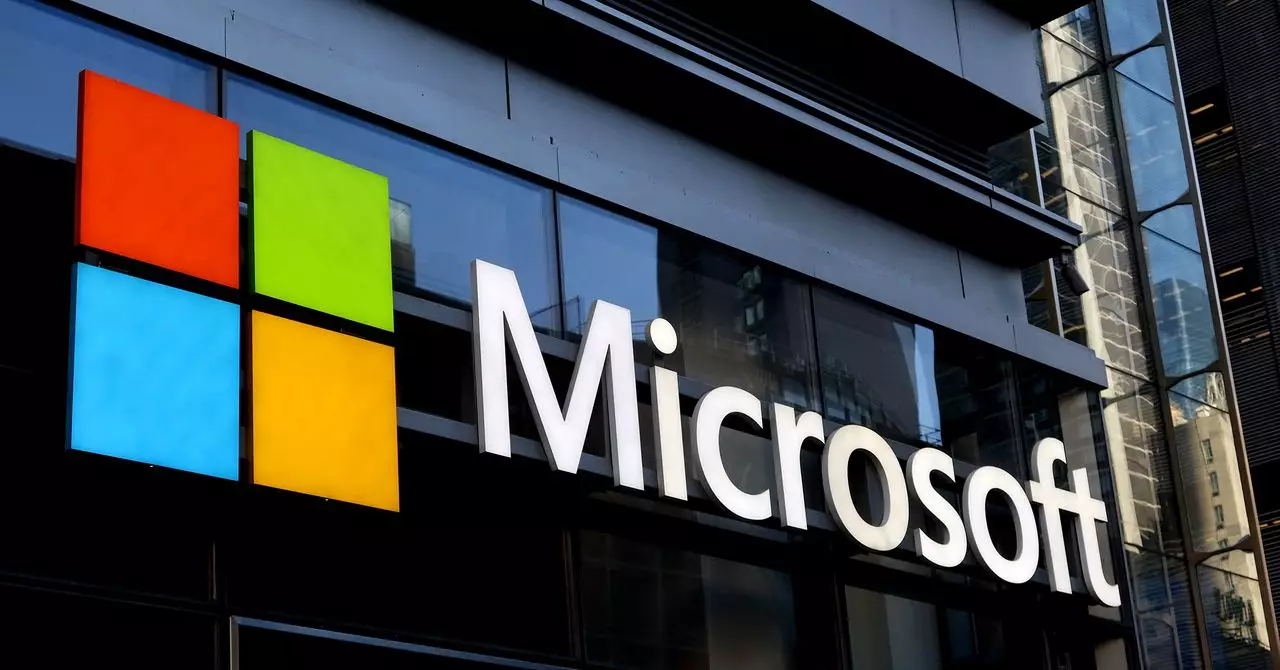Microsoft’s latest AI initiative heralds a transformative shift in disease diagnosis, marrying cutting-edge technology with medical expertise in unprecedented ways. By orchestrating a suite of leading AI models—including OpenAI’s GPT, Google’s Gemini, and several others—Microsoft has developed the MAI Diagnostic Orchestrator (MAI-DxO), a system that mimics the nuanced process human doctors undertake when diagnosing patients. This innovative approach moves beyond traditional AI implementations that typically focus on single-model outputs or one-off diagnostic tasks. Instead, MAI-DxO harnesses multiple AI “experts” debating and building on each other’s insights, a method that more authentically reflects the collaborative medical reasoning process.
Demonstrating Unmatched Accuracy and Cost Efficiency
Put to the test with 304 intricate case studies sourced from the highly respected New England Journal of Medicine, MAI-DxO didn’t just match human performance—it overwhelmingly surpassed it. Achieving an 80% diagnostic accuracy compared to physicians’ 20%, this tool signals a seismic leap forward. What’s equally compelling is its ability to significantly reduce diagnostic expenses by intelligently selecting more cost-effective tests, trimming expenditure by 20%. In healthcare, where cost constraints often limit access and quality, this dual achievement of superior accuracy and affordability is a game-changer. It suggests a future where diagnostic errors could be minimized and economic pressures eased simultaneously.
Beyond Mere Automation: Towards Medical Superintelligence
Mustafa Suleyman, the CEO spearheading Microsoft’s AI division, frames MAI-DxO’s multi-agent orchestration as a crucial stride toward “medical superintelligence.” Unlike conventional AI tools that may simply provide a likely diagnosis based on pattern recognition, this model integrates a sequence of diagnostic steps mirroring human inquiry: symptom analysis, test ordering, reassessment, and final determination. This dynamic iterative process not only enhances accuracy but also provides a transparent diagnostic narrative, crucial for trust and adoption in clinical settings. It’s an approach that could revolutionize how AI collaborates with healthcare professionals—not to replace, but to augment and elevate medical decision-making.
Confronting the Complexities and Ethical Considerations
Despite its remarkable promise, deploying AI in healthcare isn’t without challenges. The potential for bias looms large, as training datasets often reflect skewed demographics, risking unequal outcomes across diverse populations. Microsoft’s initiative acknowledges this, though concrete solutions remain to be seen. Moreover, integrating AI diagnostics raises profound ethical questions about accountability, patient privacy, and the evolving role of clinicians. The question isn’t simply whether AI can diagnose better than humans, but how these systems are embedded in healthcare ecosystems while ensuring fairness, transparency, and consent.
The War for AI Talent and Its Significance
Microsoft’s project reflects the broader strategic competition to dominate AI innovation. By recruiting top researchers from Google, Microsoft signals a high-stakes battle for talent and expertise that could define the future of medical technology. This war underscores the strategic value companies place on health AI, recognizing that breakthroughs here promise not only financial returns but also societal impact. Suleyman’s own transition from Google to Microsoft brings insider knowledge that likely accelerated MAI-DxO’s advances, illustrating how human capital fuels technological leaps.
From Laboratory to Real World: The Next Frontier
While the results are groundbreaking, Microsoft remains cautious about commercialization timelines, focusing instead on rigorous real-world validation over the next few years. Integration into consumer-facing platforms like Bing is on the horizon, potentially transforming how millions access preliminary medical advice. For healthcare professionals, such AI tools could evolve from diagnostic aids to comprehensive care management systems, providing recommendations, automating routine tasks, and supporting personalized treatment plans. This gradual approach acknowledges the complexities of medical practice and regulatory scrutiny, suggesting a thoughtful balance between innovation zeal and patient safety.
A Paradigm Shift in Healthcare by Design
Ultimately, MAI-DxO represents more than a technological milestone—it embodies a paradigm shift in healthcare delivered by design, not chance. By simulating collaborative human cognition within AI ensembles, Microsoft is pioneering a model that could democratize access to high-quality diagnostics worldwide. This shift challenges traditional hierarchies where expert physicians are gatekeepers of knowledge, instead positioning AI as a powerful partner capable of expanding, refining, and accelerating medical expertise. Though challenges remain, such as ensuring equity and safeguarding ethical standards, the trajectory is clear: AI is poised to become an indispensable cornerstone of healthcare’s future.

